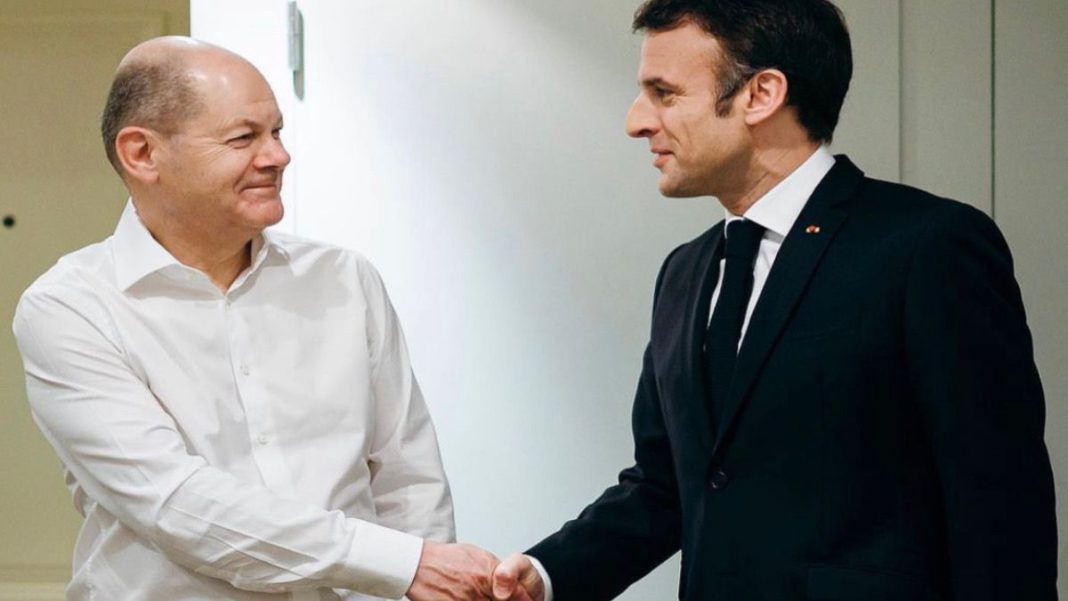FRANCE: This week in Hamburg, French President Emmanuel Macron and his government will be seen enjoying beers on a boat with German counterparts, a team-building activity called “Klausur” by the German government. This informal activity reveals a struggle for dominance between the two EU-powerful nations and its impact on various EU projects.
Paris and Berlin are engaged in escalating tensions over various issues, including joint defence initiatives, nuclear energy, and China relations. Macron criticized Germany’s nuclear energy policy as a “historic mistake,” in an August speech.
France, one of the world’s nuclear-powered nations, produces over 70% of its electricity through its reactor fleet. The growing tension between the two governments reveals a breakdown in confidence and contrasting views on the future of the EU beyond technical issues.
Detlef Seif, a member of the German Christian Democratic Union’s EU affairs committee, believes governments often communicate only through media and indiscretions about important topics. According to a French official, Berlin suggested the more informal meeting this week due to a lack of communication.
French officials are concerned about Germany’s potential to undermine the nuclear industry’s competitiveness due to France’s cheap power and high gas prices.
After the Fukushima tragedy in Japan in 2011, Germany made the decision to phase out nuclear energy, shutting down its final reactors in April. Germany’s industry faces rising electrical bills due to the cut off of its supply to Russian gas due to the Ukraine invasion. German industrial leader BASF is reducing employment in Europe and increasing investment in China.
Germany and other EU countries are pushing for stricter regulations on state-backed electricity prices. Berlin officials are concerned that Paris may award fixed-price nuclear power contracts to its national energy champion, EDF, using the funds to support French industry.
The French president and German Chancellor Olaf Scholz are polarized due to differing worldviews. Macron’s “strategic autonomy” calls for Europe to avoid reliance on external powers, while Germany’s traditional reliance on American military protection is at odds.
Paris cancelled a Franco-German summit last year due to Berlin’s launch of the “European Sky Shield” air-defence system with American and Israeli weaponry. Germany promotes “Change through Trade,” which suggests trade can prevent conflict and support democracy in autocratic regimes.
German policymakers believe that trading with China may prevent conflict despite its failure with Russia. That became clear when Brussels opened an investigation into Chinese electric vehicles, which the French supported but which Germany is said to have reservations about, according to officials.
Also Read: Slovakia Produces Hitler Film as Germany Resists Creation of Nazi Dramas



